Vitamin D3
Vitamin D3 is a form of vitamin D. It's called cholecalciferol. Your body takes the D3 from animal products like seafood, liver, and eggs and converts it into a usable form.
Vitamin D is important for bone and muscle strength. Vitamin D plays a significant roleTrusted Source in the regulation of calcium and maintenance of phosphorus levels in the blood. These factors are vital for maintaining healthy bones. People need vitamin D to allow the intestines to stimulate and absorb calcium and reclaim calcium that the kidneys would otherwise excrete.
Also Vitamin D deficiency in children can cause rickets, which leads to a severely bowlegged appearance due to the softening of the bones.
Vitamin D has multiple roles in the body. It assists in
- Promoting healthy bones and teeth;
- Supporting immune, brain, and nervous system health;
- Regulating insulin levels and supporting diabetes management;
- sSupporting lung function and cardiovascular health;
- Influencing the expression of genes involved in cancer development.
Vitamin K2
Vitamin K2 (menaquinone) activates the work of calcium-binding proteins involved in the formation of bone tissue.Furthermore, vitamin K2 is important in the body’s use of calcium to help build bones and to inhibit blood vessel calcification. Vitamin K2 is found in animal foods and preserved foods. It does not exist in junk food or in restrictive Western diets. Vitamin K2 may also be found in cereals, fatty meat, eggs and fish. Some bacteria in the large intestine are also known to synthesize vitamin K2.
Vitamin K2 Health Benefits
- Promotes strong bones and teeth;
- Improves Cognitive performance;
- Decreases inflammation and helps some autoimmune conditions;
- Reduces risk for heart disease and improves circulation.
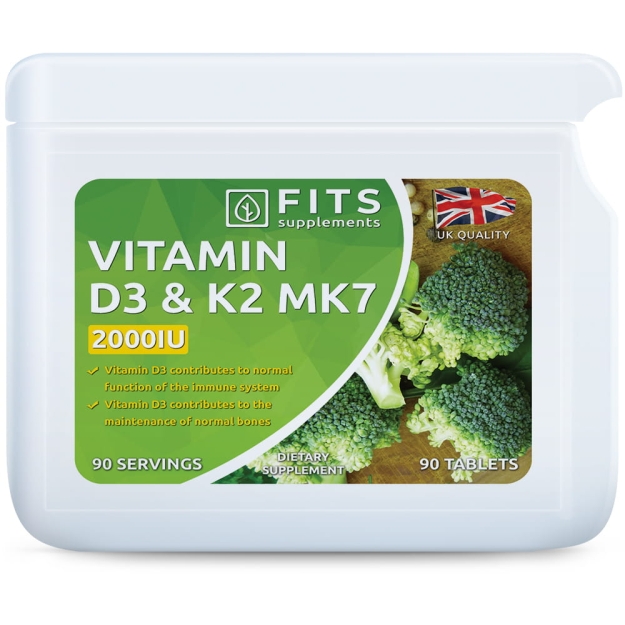




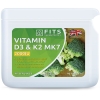
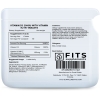

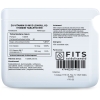




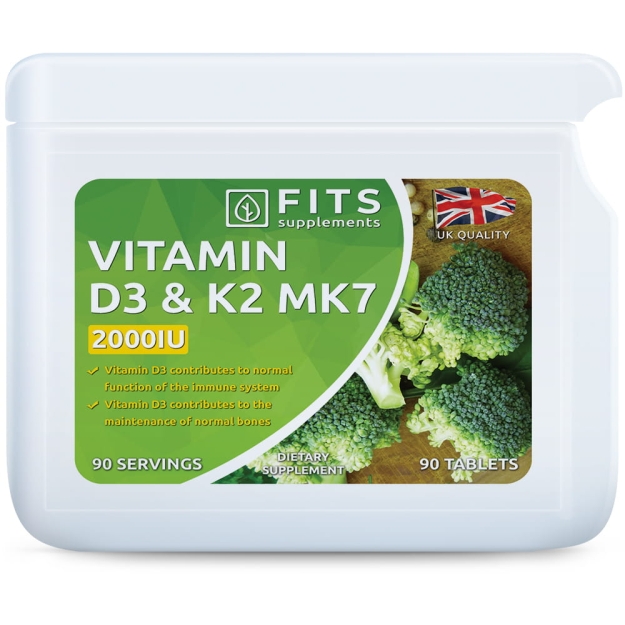




















-230x230h.png)